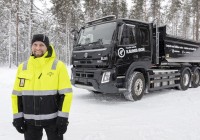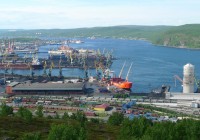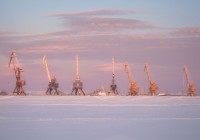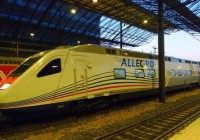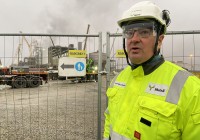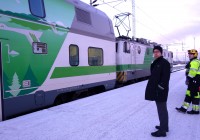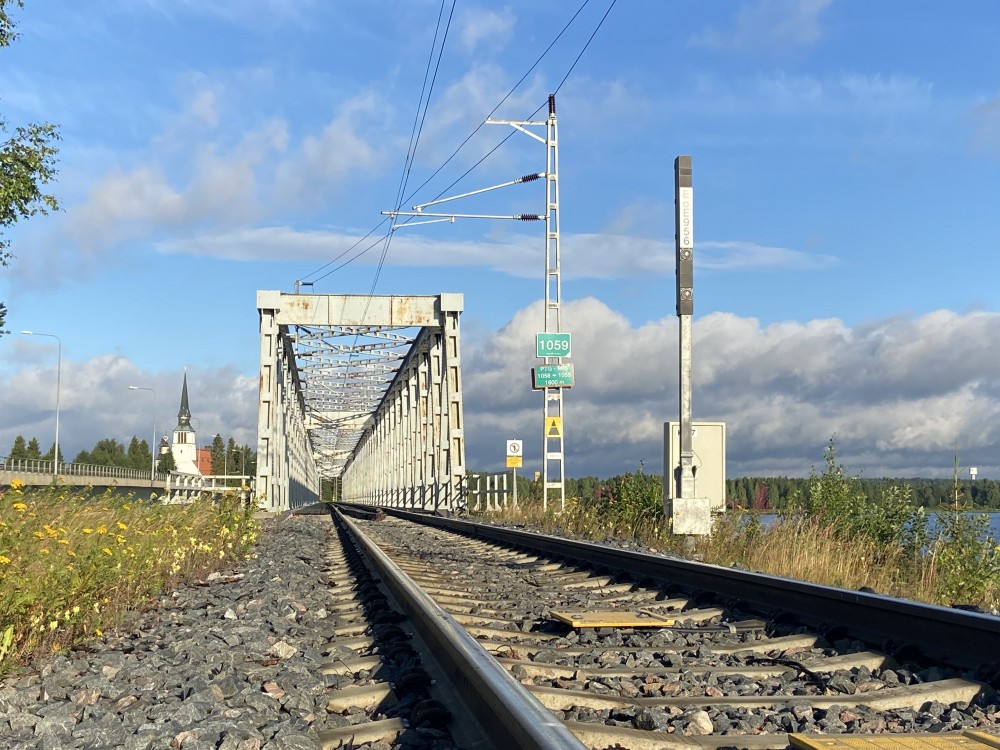
Regional Council launches Lapland east-west railway study
ADVERTISEMENT
During the study, preliminary routing alternatives and their impacts will be drawn and public hearings will take place, as well as meetings with locals already in November this year.
It is the regional council of Lapland that carry out the study in cooperation with the Finnish Transport Infrastructure Agency, the Lapland Center for Economic Development, the Finnish Defense Forces, and the municipalities impacted by a possible new rail track.
At first, the idea is to connect the huge copper mining areas north of Sodankylä with a brand new railway to Kittilä and further west to Ylläs.
Kittilä and Ylläs are two of the main ski resort destinations in northern Finland.
The new rail link study will include analysis for a longer option of the new railway, starting in Kemijärvi and ending in Kolari, Lapland Regional Council informs in a press release.
Both Kemijärvi and Kolari are today the end-stations on Finland’s two existing railways to the north and a link them between will create a loop for the northernmost railway network in Finland.
In Kolari, plans are under development for reopening the Hannukainen iron ore mine. Transport needs for existing and new mines in Lapland is a major argument for initiating the railway study.
ADVERTISEMENT
The study also examines the future transport needs, linking such possible Lapland railway to Sweden and Narvik, the port town on Norway’s northern coast which already serves LKAB in Kiruna and Svappavaara, Europe’s largest iron ore mines. In 2018, the European Commission included the railway from northern Sweden to Norway on its priority list for trans-European railway corridors.
Last year, the Regional Council rejected to move on with plans to build a railway connecting Rovaniemi with the Norwegian Barents Sea harbor in Kirkenes. The so-called Arctic railway line was turned down with an overwhelming majority by the council members after both Sámi reindeer herders protested the plans and Finnish authorities said such a link had no economic sustainability.
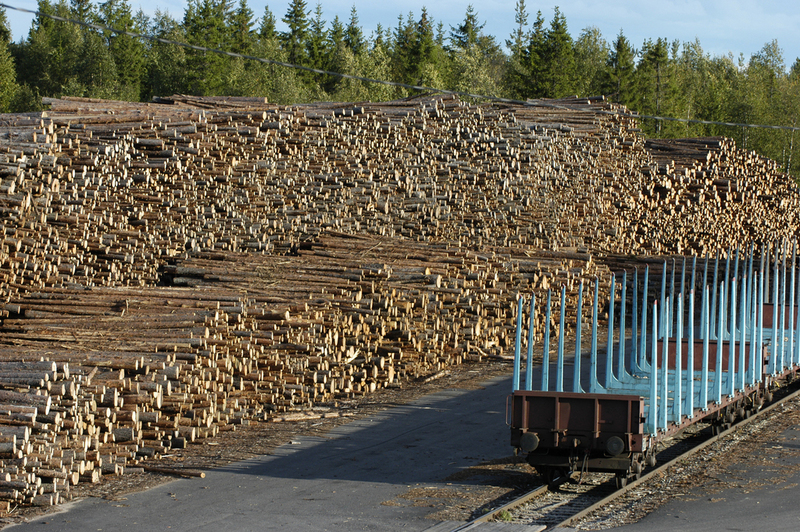
ADVERTISEMENT
The Barents Observer Newsletter
After confirming you're a real person, you can write your email below and we include you to the subscription list.



